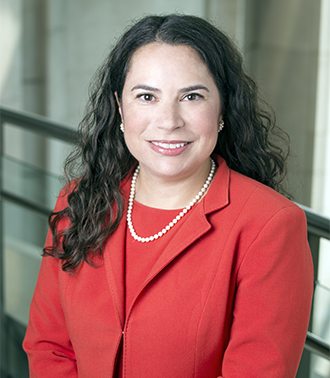Rare and Noteworthy: FERC and the Unusual Case of the Agency Agreeing with a Court that Found the Agency’s Earlier Decisions Wrong
The court remanded the case to FERC, agreeing with intervenors that the agency likely would be able to address its original analysis failures such that vacating the decision was not appropriate. In its underlying orders issued in 2019 during the Trump Administration, FERC specifically addressed the reasons why it would not use the social cost of carbon to address climate change impacts of the project in its analysis under the National Environmental Policy Act (“NEPA”) in its analysis, which included the lack of established criteria for its application. The court found fault, however, with FERC’s failure to abide by a regulation that requires that it evaluate significant adverse impacts using theoretical approaches or methods generally accepted in the scientific community.
Notable about this decision was the FERC’s reaction to its issuance. FERC issued a press release noting that current Chairman Glick had dissented to the orders at issue when they issued and quoting him as saying “This decision clearly demonstrates that the Commission has the authority and obligation to meaningfully analyze and consider the impacts from GHG emissions and impacts to Environmental Justice communities.” (For more information on the history of FERC engagement on NEPA issues, see here.)
The court’s decision follows issuances covering similar or related matters such as FERC’s Notice of Inquiry on changes to its Natural Gas Pipeline Certificate Policy Statement; its order in Northern Natural Docket No. CP20-487 in which it considered for the first time a pipeline’s greenhouse gas emissions in its Certificate of Public Convenience and Necessity Decision; its order seeking briefing in Algonquin Docket No. CP16-9 years after issuing its certificate order; and its order in New Fortress Docket No. CP20-466 finding that a liquefied natural gas facility already in operation in Puerto Rico required prior approval despite having received guidance from FERC personnel before it was operational that the facility was not jurisdictional.
© Arnold & Porter Kaye Scholer LLP 2021 All Rights Reserved. This blog post is intended to be a general summary of the law and does not constitute legal advice. You should consult with counsel to determine applicable legal requirements in a specific fact situation.


